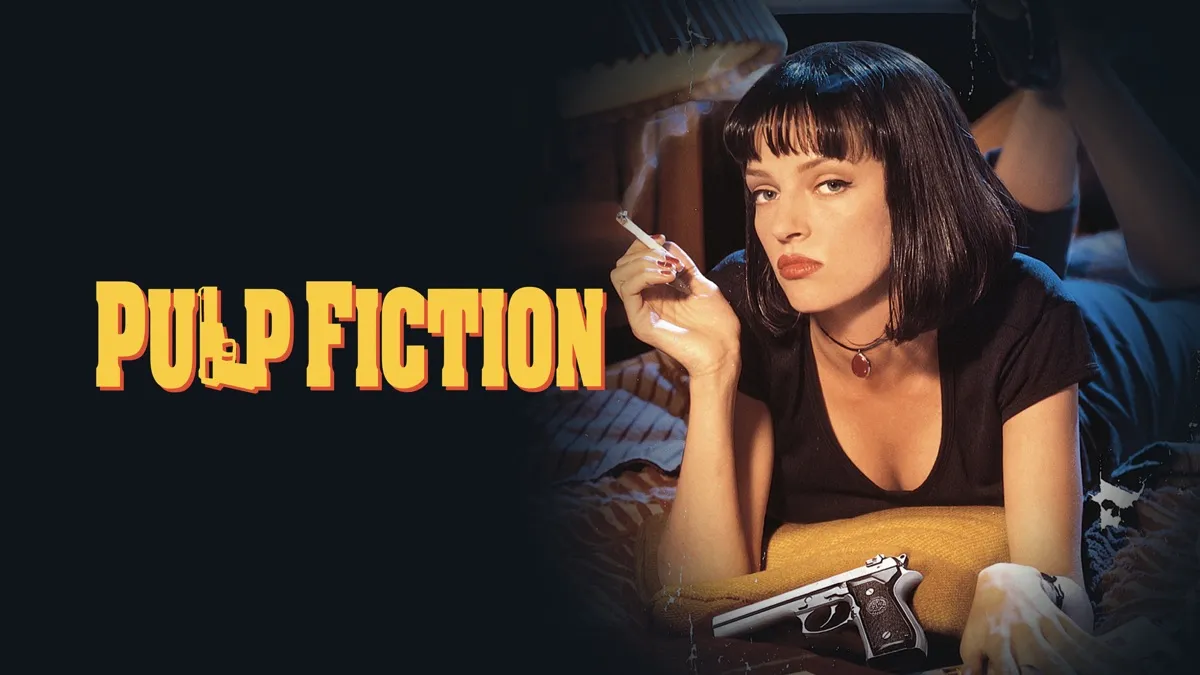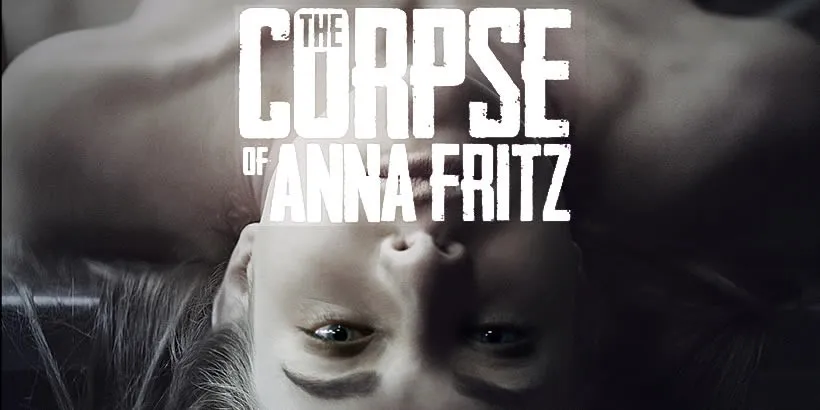In a genre often saturated with supernatural threats and familiar tropes, The Retreat (2021) cuts through with grounded, brutal force. Directed by Pat Mills and written by Alyson Richards, this Canadian horror-thriller delivers a deeply unsettling but empowering tale of survival, systemic hatred, and queer resilience. Set against the isolated backdrop of the Canadian wilderness, the film reclaims space in horror for LGBTQ+ protagonists — not as side victims, but as survivors who fight back.
While The Retreat offers no ghosts or curses, its horror is frighteningly real: homophobia weaponized into torture, surveillance, and death. And unlike many predecessors in this subgenre, the film flips the script — this is not a story of martyrdom, but of righteous defiance.
The film follows Renee and Valerie, a lesbian couple navigating the early, delicate stages of their relationship. They agree to spend a weekend at a secluded countryside retreat, invited by friends Scott and Connor. But when they arrive, the guys are missing, and something about the area feels wrong — eerily quiet, off-the-grid, and too remote for comfort.
As night falls, Renee and Valerie are ambushed, captured, and find themselves in a horrific snuff-film-style setup, where masked homophobic extremists record and stream the torture and execution of queer people for profit. Their captors are well-organized, technologically adept, and chillingly cold.
But unlike the passive victims that horror so often uses for shock, Renee and Valerie fight back. Using intelligence, grit, and raw desperation, they turn the tables on their attackers. The film builds to a blood-soaked, cathartic finale — not just of escape, but revenge.
The Retreat is more than a survival thriller — it’s a queer horror film that reclaims power in a genre that has too often punished LGBTQ+ characters. Where many films exploit queer trauma for tragedy or shock, this one grounds it in real-world hatred and then subverts it with fierce resilience.
The villains are not faceless slashers or supernatural beings. They’re real people with extremist ideologies — organized, systematic, and terrifying because they echo real-world violence. The film highlights the modern nature of hate: streamed violence, anonymous viewership, and tech-enabled radicalization.
However, Renee and Valerie’s evolution from uncertain lovers to survivalists isn’t just satisfying — it’s symbolic. Their growth represents the survival of queer people in hostile systems, both literal and cultural.
One of The Retreat’s greatest strengths is its subversion of tropes. In classic horror, queer characters are often “punished” through death, sidelined for straight protagonists, or erased entirely. Here, the story is theirs from the beginning — and their queerness isn’t incidental or tokenistic. It’s central to the narrative, the motive behind the horror, and the engine for empowerment.
Moreover, the film does not romanticize its violence. It is sharp, brutal, and realistic — not torture porn, but a sobering reminder of how terrifying real-world bigotry can be. And when the tables turn, the revenge is earned, not gratuitous.
While The Retreat ends with the couple surviving and killing their attackers, the aftermath begs the question: What happens next? What does it mean to escape such horror? And can these crimes be buried in a digital age?
Set one year later, The Retreat: Reckoning follows Renee and Valerie, now bonded by trauma but trying to rebuild a life in the city. However, remnants of the hate group — known as The Watchers — have infiltrated the justice system. Evidence from the retreat has disappeared. No arrests are made. And the only people being investigated… are Renee and Valerie themselves.
The sequel would blend psychological thriller with techno-political horror. Anonymous online threats begin again. Footage from the first film resurfaces online, edited to make the women look like killers. They're being hunted — not for what they did, but for who they survived as.
To clear their names and destroy The Watchers once and for all, they must dive deep into the network — confronting politicians, media figures, and dark web communities complicit in the hate. With new allies — including other survivors and activists — they bring the fight from the shadows into the public eye.

The climax? A public sting operation broadcast to millions, where the women lure Watchers into a trap of their own — forcing the world to watch the truth. The sequel would elevate the stakes beyond the forest, exploring how hate thrives in institutions, platforms, and silence.
The Retreat (2021) is a tightly-paced, brutal, and important film that doesn’t just tell a scary story — it tells a relevant one. It joins a new wave of horror films that center marginalized voices not as victims, but as fighters and survivors. It dares to look directly at violence born from identity — and then flips that horror into empowerment.
In doing so, The Retreat not only terrifies — it reclaims. It gives the genre back to those who were once erased from it, and it does so with both fists clenched. In a world where fear is still a lived reality for many, The Retreat is a film that reminds us: the real horror isn’t the monster in the woods. It’s the silence around those who make others feel like they don’t belong.





